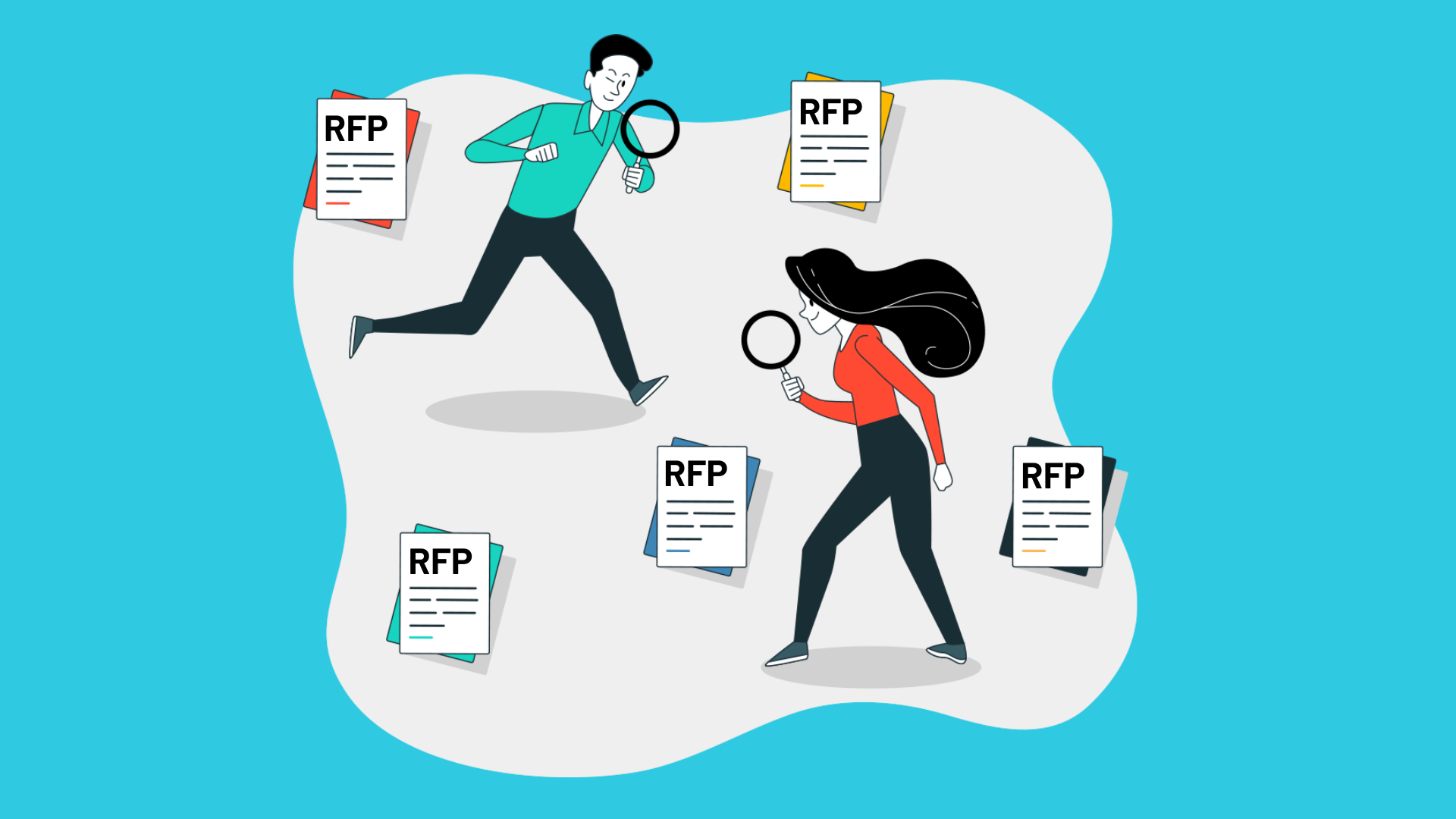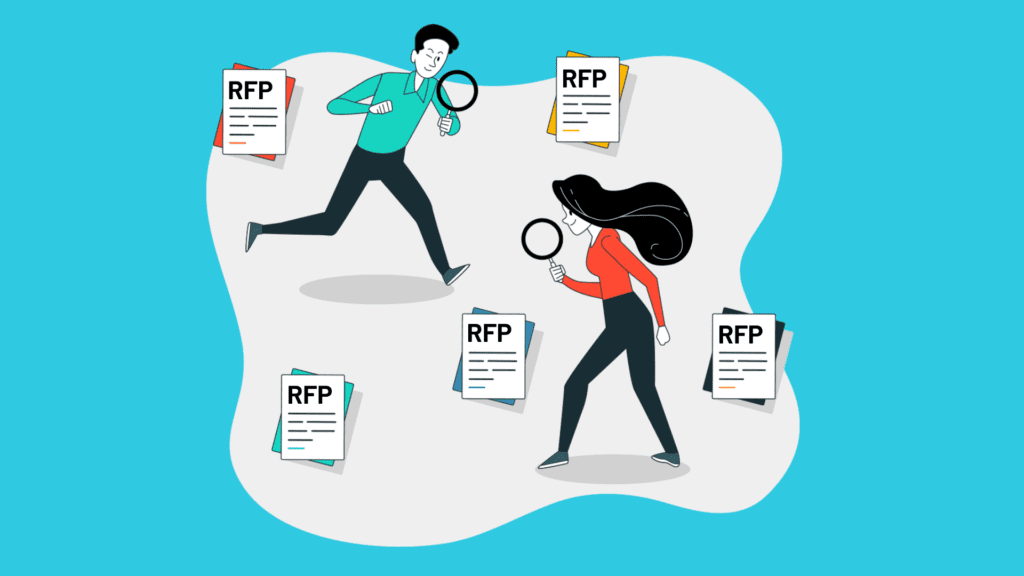Digital Marketing Agency RFPs: How to Choose the Right RFP


The digital revolution has upended not only how we consume media, but also how much media we consume on a regular basis. Back in 2015, companies spent an estimated $30 billion on marketing in what came to be known as “Mediapalooza.” Many of the world’s biggest advertisers closely reexamined the efficacy of their marketing agencies and made significant changes where necessary. As the media landscape continues to evolve, so do industry approaches. And new industry approaches mean new digital marketing agency RFPs to pursue.
But with new opportunities also come more marketplace competition. With this in mind, it’s absolutely vital that agencies spend the proper amount of time and effort customizing their proposals. Per AdAge, “RFPs are not simple, cookie-cutter documents where agencies need only fill in the blanks with stock answers they’ve developed over time for the purpose of responding to RFPs.“
Evaluating Digital Marketing Agencies
While many individual queries in an RFP may be similar (if not identical), responses need to be as distinct and specific as possible, tailored to each individual request.
Of course, the problem here is both one of time and of resources. Spending hours upon hours crafting unique responses to as many RFPs as possible can significantly cut into time. That’s valuable time that your agency might otherwise be spending on billable projects! Indeed, sometimes filling out the project proposal can take more time than actually completing the proposed project. Thus, the key question becomes: How do you know which RFPs are worth spending time on and which are not?

First, read through the proposal in its entirety, scanning for requirements and restrictions. It may sound simple, but many people just don’t do it. Reading through the proposal from the first page to the last is the essential first step. Yes, reading 50+ pages of instructions and requirements can seem daunting. And yes, you may be tempted to skim the summarized points on the first page. But, beginning a project and realizing your firm can’t come through on one requirement buried on page 42 is a lot worse.
Before you decide to bid on a project, make sure that you not only have the capability to complete all of the ‘asks’ but that there are no disqualifications that you could be culpable for.
Evaluating Digital Marketing Agency RFPs and Projects
Check to ensure the contract’s size and length align with your business. Once you know you’re well-positioned to meet the needs of the offeror, you’ll need to decide if it’s a worthwhile proposal for your business. Is the project lucrative enough that it will be worth the time and resources you’ll be investing? Is the project too large, where there’s a possibility it would be difficult to meet the requirements effectively and efficiently? Are you looking at proposals as a way to increase your presence in an existing market or as a way to move into a new one? Your answers to these questions will affect this step immensely.
Evaluating Deadlines
Finally, ensure the deadline is one you can meet with your best foot forward. Finding an RFP that matches your agency’s core competencies is exciting. What isn’t exciting, however, is realizing that your proposal is due in four days. You may be the best company for the job, but it may not be worth it if you don’t have the time to put together a first-class proposal.
Responses require a lot of time and effort, and hurried bids rarely get a second glance. Your best bet is to find a proposal that gives you ample time to prepare. What “ample time” means will vary from company to company. For some, it may mean two weeks, while for others, it may mean two months.
You Don’t Have to Go It Alone
Here at The Bid Lab, we specialize in finding, managing and servicing bids. If you need more information, our Learning Center has plenty of resources. So, feel free to dive deeper into the bidding process and check out what makes a perfect RFP writer. Or delve into the ins and outs of marketing RFPs. Either way, you’ll learn the best ways businesses can go about modernizing their RFP processes.
Do you, like many others, find the entire proposal process to be intimidating or tedious? Good news! Our team of experts can guide you through the entire process. From inception to submission, The Bid Lab has you covered. Reach out for a free consultation by calling 1-844-4BIDLAB or emailing respond@thebidlab.com.
